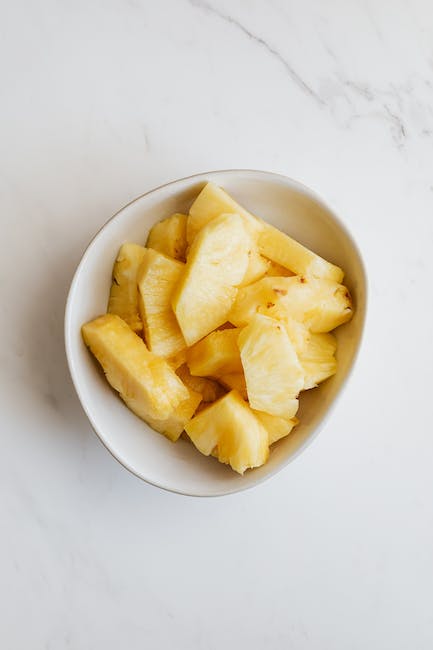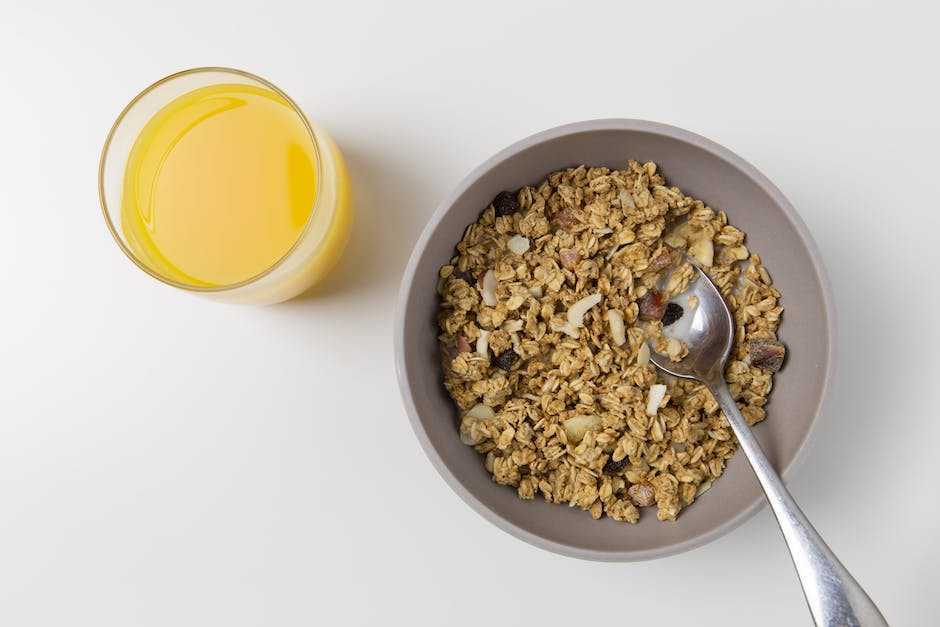
Contents
Importance of Fiber in a Healthy Diet and Ways to Get Enough
Adopting a diet that is rich in fiber is an important factor for maintaining a healthy lifestyle. Fiber helps to regulate digestion, lower cholesterol levels, promote weight loss, control blood sugar levels, and keep our bowels healthy. But many often wonder: just how much fiber is enough and where can you get it from?
Recommended Intake of Fiber
To maintain optimal health, it is recommended that adults consume 25 to 30 grams of fiber daily. It’s important to note that fiber intake should be gradual, as sudden large increases in fiber intake may result in intestinal discomfort and may even decrease nutrient absorption. As fiber is the indigestible part of plant-based foods , a person’s diet should be rich in unrefined plants such as apples, pears, beans, and whole grains to meet their dietary fiber needs.
Health Benefits of Fiber
According to the Academy of Nutrition and Dietetics, a diet that’s high in dietary fiber can reduce the risk of coronary heart disease, stroke, hypertension, diabetes, obesity, and certain gastrointestinal diseases. Additionally, research shows that diets that are rich in fiber can also reduce total blood cholesterol levels and the risk of developing clot-caused stroke.
Best Sources of Fiber
Fiber can be found in a wide variety of foods. High-fiber foods include fresh fruits and vegetables, legumes, nuts and seeds, whole grains, and even breakfast cereals. Some cases of undiagnosed constipation are actually due to inadequate dietary fiber intake, so adequate daily intake is essential.
Conclusion
In conclusion, dietary fiber can help regulate the digestive system, improve heart health, and reduce the risk of a number of chronic health conditions. It is recommended that adults consume 25-30 grams of fiber a day and that they get it from a variety of sources. Eating a diet rich in fruits, vegetables, nuts, seeds, whole grains, and legumes can help ensure that you get enough fiber in your daily diet.
